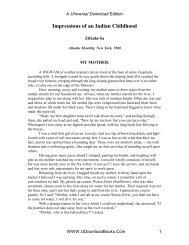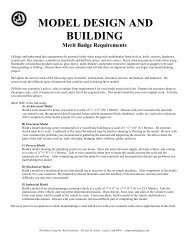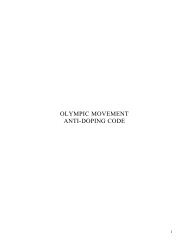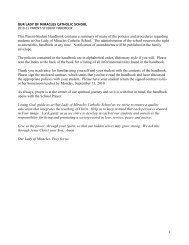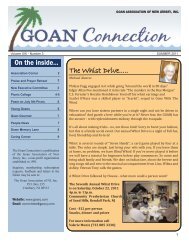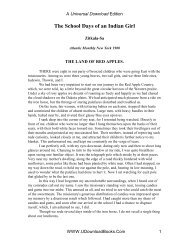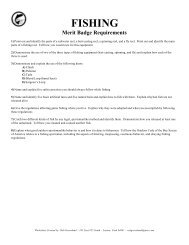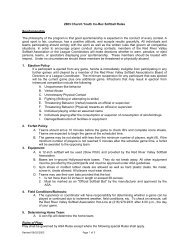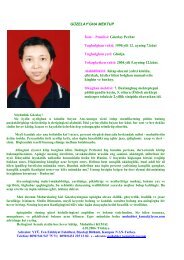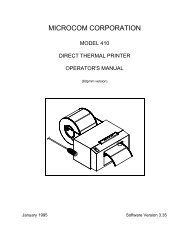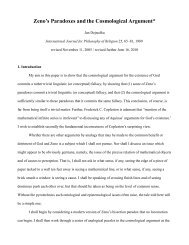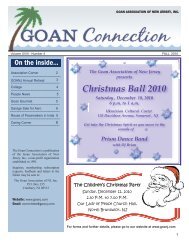Dummett's Backward Road to Frege and to Intuitionism - Tripod
Dummett's Backward Road to Frege and to Intuitionism - Tripod
Dummett's Backward Road to Frege and to Intuitionism - Tripod
Create successful ePaper yourself
Turn your PDF publications into a flip-book with our unique Google optimized e-Paper software.
mathematical functions are themselves instances of the functions <strong>to</strong> be explicated. What literal<br />
incompleteness of mathematical functions would be the basis of the metaphor illuminating the literal<br />
incompleteness of <strong>Frege</strong>’s functions in general? What would be metaphorical about it?<br />
27. <strong>Frege</strong> (1970f, 64, my emphasis); quoted twice in my (2003: 65, 68). “Ein Wahrheitswerth kann<br />
nicht ein Theil eines Gedankens sein, sowenig wie etwa die Sonne, weil er kein Sinn ist, sondern ein<br />
Gegenst<strong>and</strong>” (<strong>Frege</strong> 1892: 35). Literally, “A truth-value cannot be a part of a thought, as little as for<br />
example the Sun, because it is no sense, but rather an object.” Or according <strong>to</strong> Cassell’s, “it is no sense,<br />
but on the contrary, an object.”<br />
28. Thus I was wrong <strong>to</strong> suggest that senses should be assimilated <strong>to</strong> the first model, with “the sense of<br />
‘A’” referring <strong>to</strong> an object which represents the sense (my 1996: 68–73; 1982: 13; 1981: 36–37). For<br />
<strong>Frege</strong> openly says it refers <strong>to</strong> the sense (my 1996: 69; 1981: 36). My earlier idea was feasible by<br />
“converting” senses <strong>to</strong> objects, but the representation would not be mutual, i.e., one-one, due <strong>to</strong> sensial<br />
underdetermination, pace my (1996: 118; 1982: 13). My (2003) corrects my mistake. Of course, we<br />
could arbitrarily posit a representative object that corresponds one-one <strong>to</strong> the sense, but <strong>Frege</strong> clearly<br />
does no such thing, since he says we refer <strong>to</strong> the sense.<br />
29. In the schema, “meaning” means reference. Truth-values, of course, are objects.<br />
30. Nor does <strong>Frege</strong> write “concept” for the incomplete sense, for it is not a concept but a sense.<br />
If senses are objects, why does <strong>Frege</strong> fail <strong>to</strong> say so in his schema of his view? <strong>Frege</strong> says,<br />
“The...schema should make my view clear.” If senses are objects, how could the schema possibly make<br />
his view clear?<br />
Does <strong>Frege</strong>, perhaps, fear confusing Husserl by explaining the additional complexity that the<br />
senses <strong>to</strong>o are objects, though none is the object the proposition in question is about? I would think that<br />
if senses were objects, not saying so would be confusing. Indeed, the schema should eliminate any such<br />
confusions. Otherwise it would not be making <strong>Frege</strong>’s view clear. This is exactly the sort of thing<br />
77




